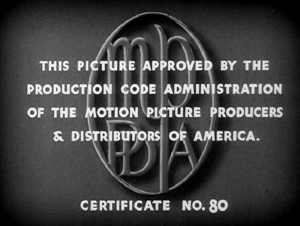I don’t know how many of you remember the Sherri Papini story from November of 2016 but there is an interesting update to the supposed events that transpired.
What I want to talk about today is the old adage that skeptics embrace: An extraordinary claim require extraordinary proof.
Skepticism
I can say, as do the commenters on the updated story, that I was pretty skeptical of Papini’s story from the start. It was filled with extraordinary claims and there appeared to be little evidence to support it. Nevertheless, she received quite a bit of sympathy.
We certainly don’t know that her story was false, she might well have been telling the truth, but I think it’s fairly likely she made the entire thing up to cover up some other failing; infidelity, drugs, something.
I don’t want to spend time trying to figure out why so many supported her while relatively few questioned her story from the beginning. I just want to offer the same advice as Marcello Truzzi. When someone tells a story that is rather extraordinary take a moment to embrace skepticism. It’s not easy. When someone like Papini tells a horrific story we want to offer sympathy and help. It’s in general human nature to be kind to those who have suffered misfortune. Sadly, that natural instinct allows con-artists to make a living.
Kindness is not Always Helpful
We want to help and the more terrible the story the more we feel empathy and pain for the victim. The more we want to help.
That’s the lesson of the Papini situation. Don’t be quick to believe extraordinary claims. When you are told something that seems unlikely, take a moment and pause. Don’t set your mind to an opinion because it becomes difficult at that point to turn back. Once we’ve committed to a “truth” we find it painful to admit a mistake. If you can just hold off on a snap judgment for a little while, I think it will be to your benefit in many ways.
Conclusion
In your business, in your education, in your daily life; try to be skeptical. It doesn’t hurt to stop and look for evidence.
Tom Liberman












